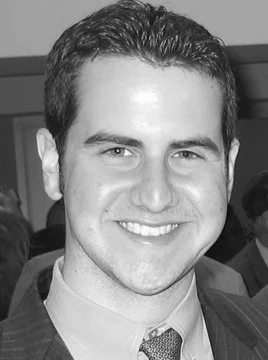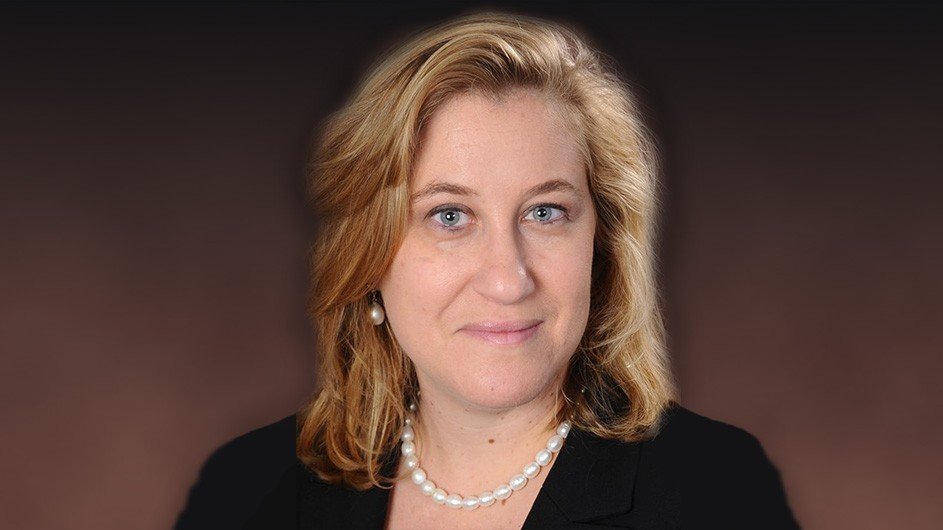On January 25, 2023, the IIJS hosted renowned artist Mark Podwal in-person at the Institute for its first event of the Spring 2023 semester. In a lecture titled “Drawing On My Eastern European Roots,” Podwal spoke about his ongoing work commemorating the Holocaust in Eastern Europe and the United States through art, frequently in collaboration with Eastern European communities. With International Holocaust Remembrance Day falling Friday, January 27, Podwal’s lecture and works proved a prescient demonstration of art’s power to preserve Eastern European Jewish heritage—and to serve as a way to process the tragedy that befell Eastern European Jewry in the Holocaust.
Tablet Magazine has called Mark Podwal “one of our great American Jewish artists.” Initially known for his drawings for The New York Times Op-Ed page, Podwal’s artworks have been exhibited and published worldwide. He is the author and illustrator of numerous books, many of which focus on Eastern European Jewish history, tradition, and folklore. His presentation showed images from his collaborations with Elie Wiesel, Harold Bloom, and Francine Prose. Works showcased also included his series “Kaddish for Dąbrowa Białostocka,” the Polish shtetl where his mother was born, as well as an image of the 13-foot mural he was asked to design for Dąbrowa’s high school wall. Moreover, his textiles for Prague’s gothic Altneuschul and Renaissance High Synagogue were discussed along with his current series, “Reimagining Polish Synagogues as Jewish Ceremonial Objects.” Elie Wiesel wrote, in his catalogue essay for Podwal’s first Prague Jewish Museum exhibition, “Such is the power of this artist: he captures what death has forgotten to take.”
Mark Podwal is an acclaimed artist whose works have been exhibited and published worldwide. Most of Podwal’s books—his own as well as those he illustrated for others including such luminaries as Elie Wiesel, Harold Bloom, and Francine Prose—focus on Jewish subjects. His art is represented in the collections of the Metropolitan Museum of Art, the Victoria and Albert Museum, the Israel Museum, among many other venues. Author Cynthia Ozick has given Podwal the Hebrew name Baal Kav Emet, or “Master of the True Line.” In 1996 the French Ministry of Culture named Podwal an Officer of the Order of Arts and Letters; in 2011 he received the Foundation for Jewish Culture Achievement Award; and in 2019 the Czech Foreign Ministry awarded Podwal the Gratias Agit Prize. Additional honors include the American Book Award and the National Jewish Book Award. His latest artwork, a piece celebrating the Jewish holiday of Tu Bishvat, was featured by the Jewish News Syndicate.
A full recording of Mark Podwal’s lecture, and the Q&A following it, is available below.
This event was made possible by the generosity of the Radov and Kaye families.
Keep up with the IIJS on Facebook, Instagram, and Twitter or join our mailing list for updates!






